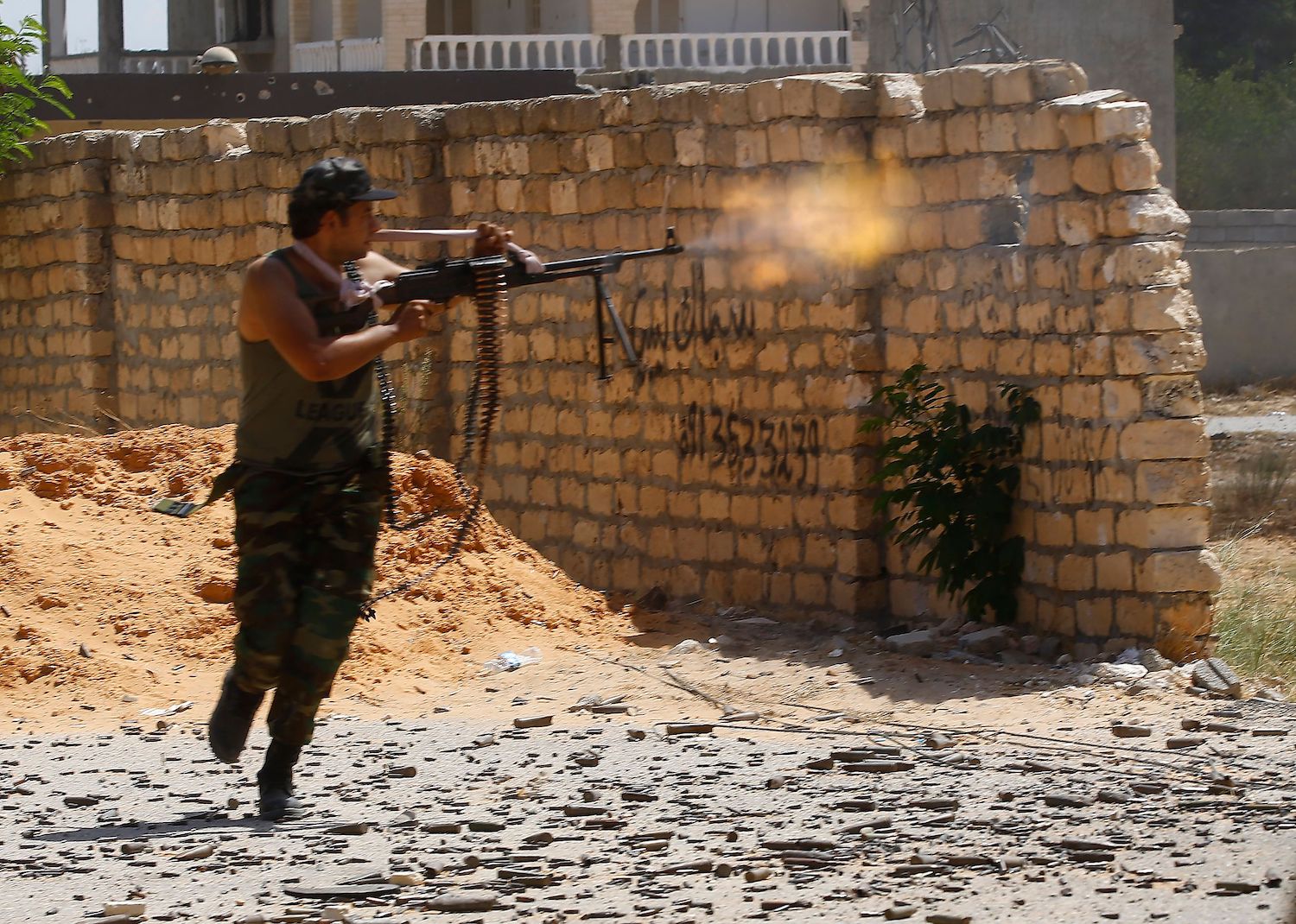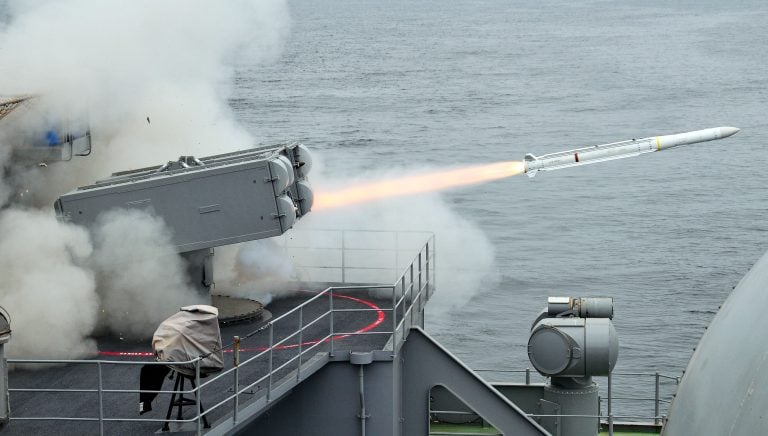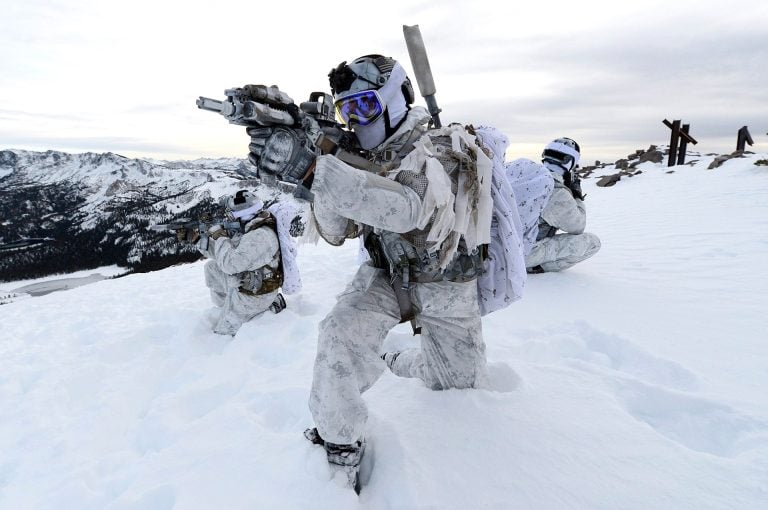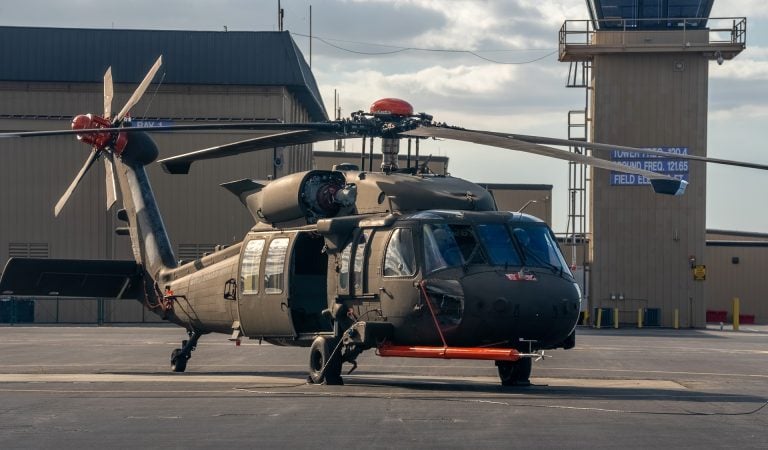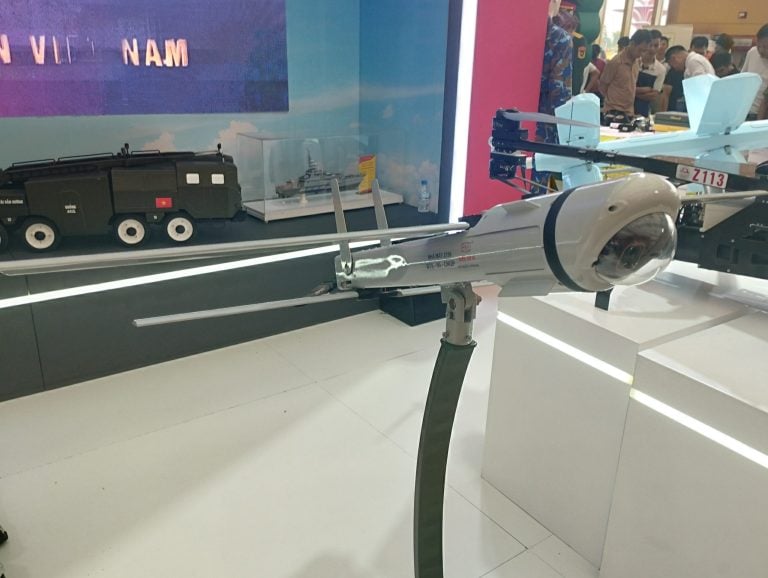Violent clashes erupted in the Libyan capital, Tripoli, on Monday night, marking a significant escalation in the ongoing conflict among rival armed groups. Reports indicate that the leader of one of the factions, Abdelghani al-Kikli, who heads the influential Support and Stability Apparatus, was killed during the violence.
Eyewitnesses and AFP reporters reported hearing heavy gunfire and explosions in various parts of the city starting around 9:00 PM local time. In response to the intense fighting, the interior ministry of the national unity government urged residents to remain indoors for their safety.
Local media sources indicated that the confrontations primarily took place in the southern suburbs of Tripoli and involved factions from both the capital and Misrata, a significant port city located approximately 200 kilometers east of Tripoli. This latest outbreak of violence adds to the instability that has plagued Libya since the 2011 uprising that led to the demise of dictator Moamer Kadhafi.
Libya remains divided between a United Nations-recognized government in Tripoli and a rival administration in the east, under the control of the Haftar family. Despite a semblance of calm in recent years, periodic clashes between various armed groups competing for influence and territory have continued to disrupt daily life.
In light of the recent hostilities, several districts in and around Tripoli announced the closure of schools until further notice to ensure the safety of students. The United Nations Support Mission in Libya expressed deep concern over the deteriorating security situation, describing the fighting as alarming and urging all involved parties to cease hostilities immediately. The UNSMIL further warned that attacks on civilians and civilian structures could constitute war crimes, emphasizing the urgency of protecting civilian life amid the chaos.
Community leaders and elders are being supported in their efforts to de-escalate the conflict, highlighting the critical need for dialogue in a country still reeling from the consequences of a protracted struggle for power. As the situation develops, the residents of Tripoli remain anxiously watchful, hoping for a return to stability.
